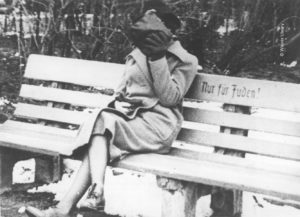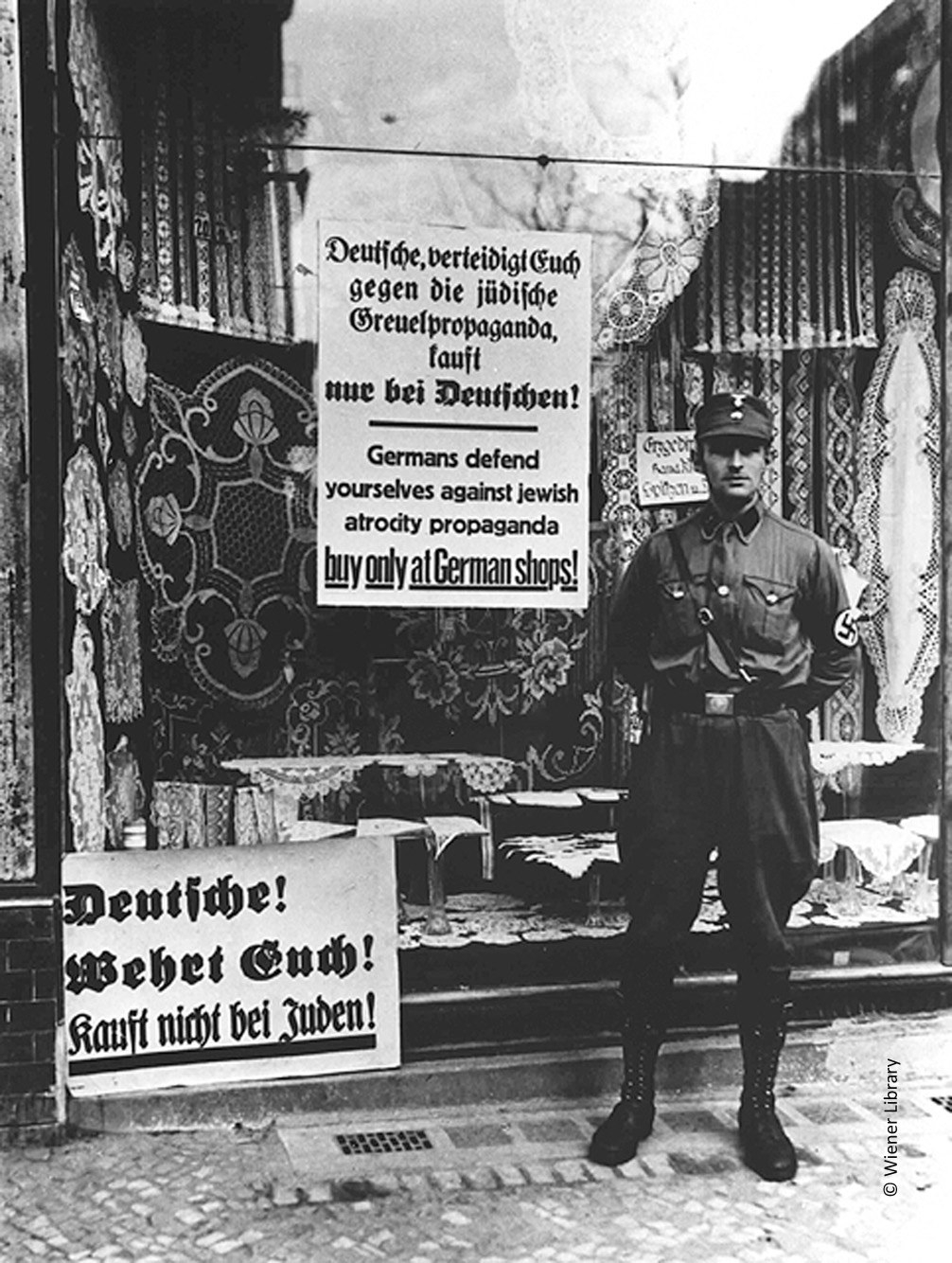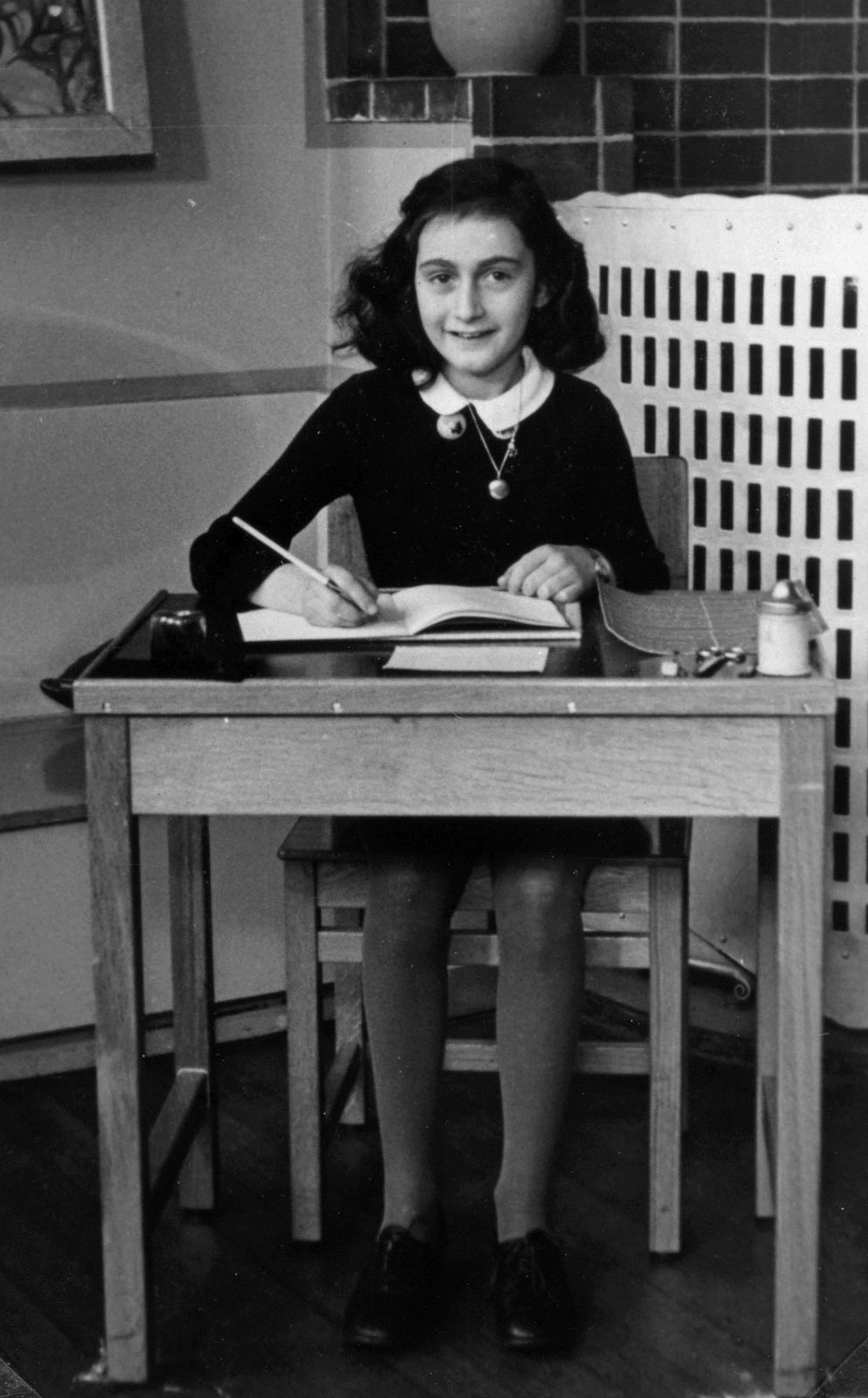15 September 1935: Introduction of the Nuremberg Laws
On 15 September 1935, two distinct laws were announced at a Nazi party rally in Nuremberg, collectively known as the Nuremberg Laws.

Yellow park bench marked ‘only for Jews’ © Wiener Library
The Law for the Protection of German Blood and German Honour prohibited marriage between Jews and non-Jews, sexual relations between Jews and non-Jews and the employment of German women under the age of 45 in Jewish households. Jews were also forbidden to display the national flag or Reich colours. There were punishments for any failure to adhere to these laws.
The Reich Citizenship Law specifically defined a Jew as someone with three or four Jewish grandparents and did not take into account the religious beliefs or practices of individuals.
This law specifically stated that only those of German or ‘kindred’ blood were citizens and that only citizens were able to enjoy full political rights.
The Nuremberg Laws were not the first anti-Jewish legislation to be introduced – Jews had already been subject to laws which barred them from working for the government or serving in the army. Although the Nuremberg Laws specifically targeted Jews, the laws eventually extended to Black and Roma and Sinti people living in Germany.
Further laws were introduced including those which banned Jewish businesses receiving government contracts and stopped Jewish children attending public schools.
These discriminatory laws marked the start of a wave of antisemitic legislation and were a precursor to the Holocaust and the murder of 6 million Jews.


